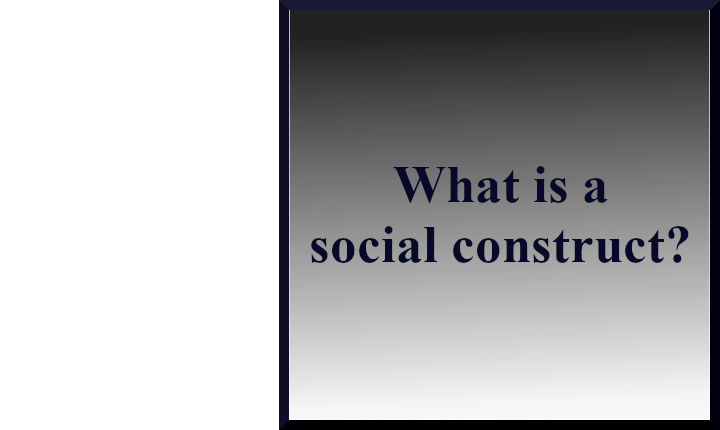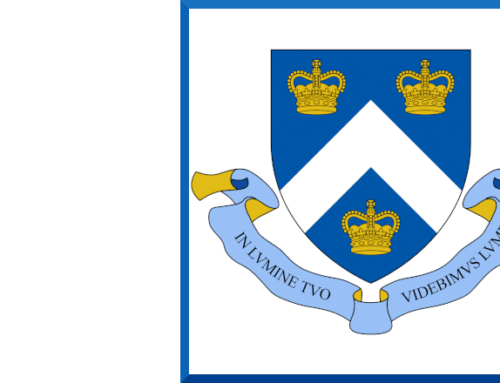NBC News recently did a story on people who claim to be able to change their race. This created a firestorm. Many of those who are quick to say we can change our sex (what they inaccurately call “gender”) are livid at the idea that we can change our race. But according to their own logic, they are clearly wrong.
If self-identity is dispositive for sex—that is precisely what gender ideology maintains—why not for race? In other words, if a male claims to be a female, why can’t someone of one race claim to be that of another, if all that matters is self-identification?
NBC’s experts claim there is a dramatic difference. Race, they say, is purely a social construct, having no basis in biology. But that is what gender ideology holds as well. So if both race and sex are purely social constructs, why can we change our sex but not our race? The logic implodes.
The fact is that sex is purely a biological concept whereas race has biological and social roots. Not to be confusing, but “gender” refers to socially learned roles that are appropriate for males and females; therefore, there is a social component to male-female differences.
Our sex is determined by nature. To be specific, the father determines the sex of the offspring. No one assigns our sex at birth—it is recorded, and what is recorded has been evident from conception. Society has nothing to do with it. To put it differently, we cannot change our chromosomal characteristics. Nature can be stubborn.
Race is more complicated.
Toni Morrison has said, “There is no such thing as race. None. There is just a human race—scientifically, anthropologically. Racism is a construct, a social construct… it has a social function, racism.”
She is partly right: racism is a social construct. But to treat race as such is flatly wrong. Morrison has bought into the myth, prominent among the devotees of critical race theory, that race is a social construct created to maintain white supremacy.
Harvard professor Steven Pinker is no conservative, but he is an honest scholar whose writings are often attacked by those on the Left. For one, he does not buy into the false notion that human nature does not exist. He also doesn’t buy the conventional wisdom on race. “To oppose racism,” he says, “you don’t have to say ‘races don’t exist’”
Nicholas Wade is a former New York Times writer who has written a splendid book on genes and race. “By referring to anyone who explores the biological basis of race as a ‘scientific racist,’ and thus in essence demonizing them as racists, the academic left has managed to suppress almost all discussion of human differences.”
He takes sociologists to task for “incorrectly inferr[ing] that there is no biological basis for race, confirming their preference for regarding race as just a social construct.” He pointedly asks, “How did the academic world contrive to reach a position on race so far removed from reality and commonsense observation?”
Wade’s last comment merits our attention. If race is purely a social construct, how do we explain that sickle cell anemia primarily affects black Americans? The CDC says that sickle cell disease is “a group of inherited blood cell disorders that primarily affects Black or African American persons.” It says nothing about it being socially constructed.
Why are Asian Americans twice as likely to develop stomach cancer compared to Caucasians? Why do they have twice the incidence of liver cancer? Are we to believe that cancer is also a social construct?
Wade admits that “genetic differences from one race to another are slight and subtle,” and he acknowledges that genes “can be overwhelmed by learned behaviors, or culture.” But he cautions, “To say that genes explain everything about human social behavior would be as absurd as to assume that they explain nothing.”
How many races are there? The numbers vary, but the strongest evidence points to three: Africans, East Asians and Caucasian. To back up what he says, Wade consults the findings of physical anthropologists, especially those who do forensics.
“Human skulls fall into three distinctive shapes, which reflect their owners’ degree of ancestry in the three main races, Caucasian, East Asian and African. African skulls have rounder nose and eye cavities, and jaws that protrude forward, whereas Caucasians and East Asians have flatter faces. Caucasian skulls are longer, have larger chinbones and tear-shaped nose openings. East Asian skulls tend to be short and broad with wide cheekbones.” Only an ideological zealot would claim that skulls are socially constructed.
There is something else going on here that bears discussion. Those who claim we can change our sex but not our race do so because it sustains their belief that our sexual identity is a fluid concept. Race plays no such role.
It is nonsense to say we can change our sex, any more than we can change our race. Those who argue otherwise are playing a game, one that is intellectually dishonest.







